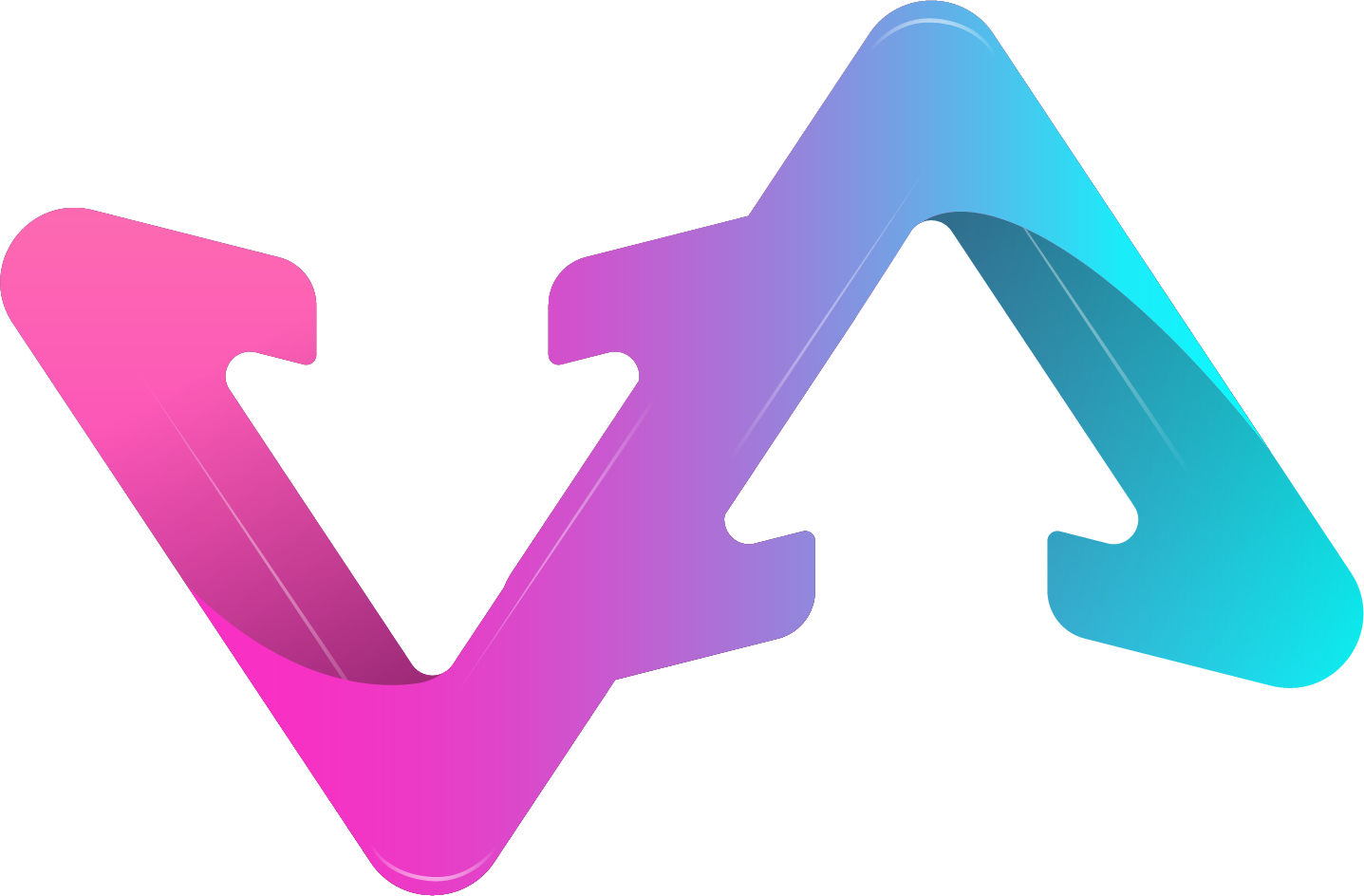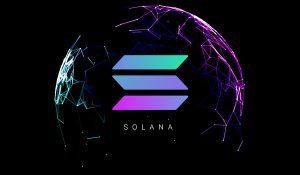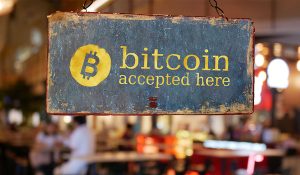Many people have heard of this technology, but it can easily be confused with other concepts. Often used as a synonym for cryptocurrencies, the term blockchain is misused. Let’s see what blockchain really is!
What is blockchain?
Actually, a blockchain is a distributed database. It is made possible by a network of interconnected computers. A blockchain stores information electronically. It is best known for cryptocurrencies. For example, it plays a key role in securing the transactions necessary for Bitcoin to work.
The novelty of blockchain is that it works by guaranteeing the authenticity and security of the information stored in the system, without the need for a third party to provide the necessary conditions. Compared to traditional structures, it makes a significant difference in the way its databases are built.
Data is stored in groups, organised in blocks. Each block has a predefined capacity. When a block fills up, it is immediately closed and connected to a previously created block. This is how the blockchain is created. The chain is made up of filled data blocks that are linked together.
The great advantage of this structure is that it creates an immutable, unmanipulable timeline. Hence its decentralisation, since such a filled block is fixed immutably, for which the network provides the background. The blocks are also time-stamped when they are connected to the chain.

How does it work?
The architecture is designed to ensure that data is captured and transmitted in such a way that it remains immutable. It contains ledgers that cannot be removed or deleted from the network.
The concept has been around since before Bitcoin. Initially, in the early 1990s, some researchers wanted to use the blockchain concept for data generated in research. But the really big push came with the rise of Bitcoin. The network’s machines can create blocks in coordination with each other.
To manipulate this system, someone would need to take control of more than half of the computers. In typically large and mature cryptocurrency systems, this is virtually impossible. This allows cryptocurrency trading without the risk of data manipulation.

On decentralisation
In traditional systems, important information is stored in a single database. This makes the system very vulnerable, because if something bad happens to the server farm in question, such as a power failure or a malfunction, the data becomes inaccessible very quickly.
The blockchain works by allowing the information stored in the database to be distributed between multiple network nodes in separate physical locations. This can not only disarm the above threats, but also ensures that no node in the system can independently change the data stored on it. As a result, the various histories, such as transactions made during cryptocurrency trading, including those executed by trading bots, become immutable.
Blockchain technology provides a very high degree of security and trust, thus effectively laying the foundations for cryptocurrencies and smart contracts. This concept is sure to become widespread in the future.




